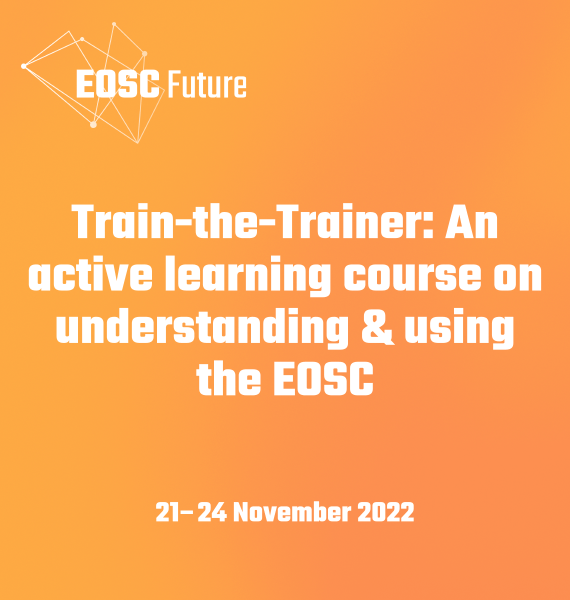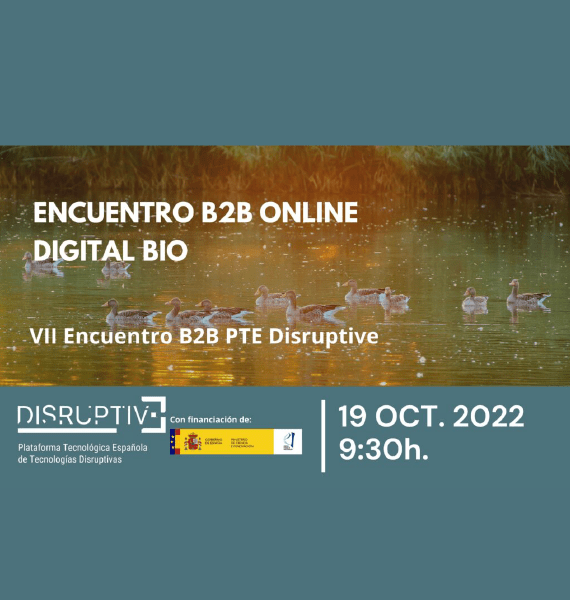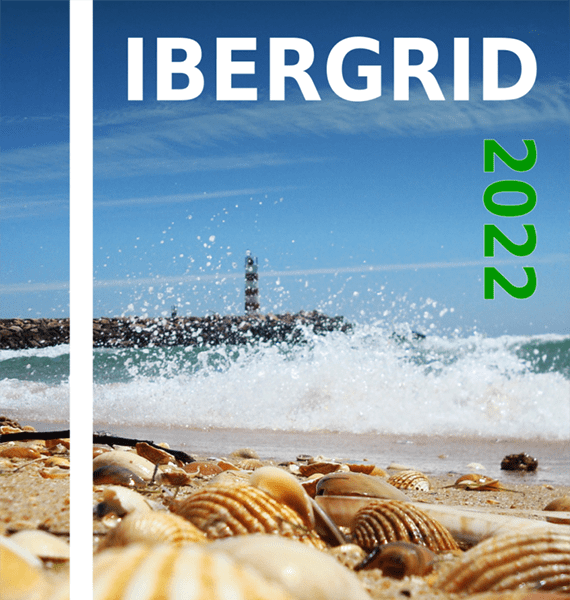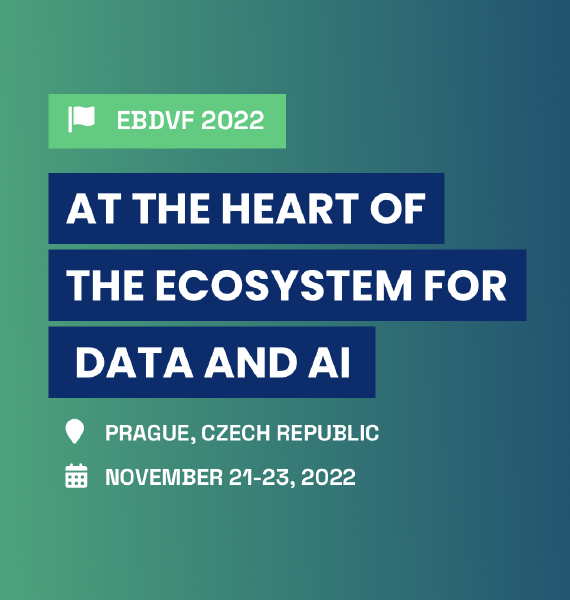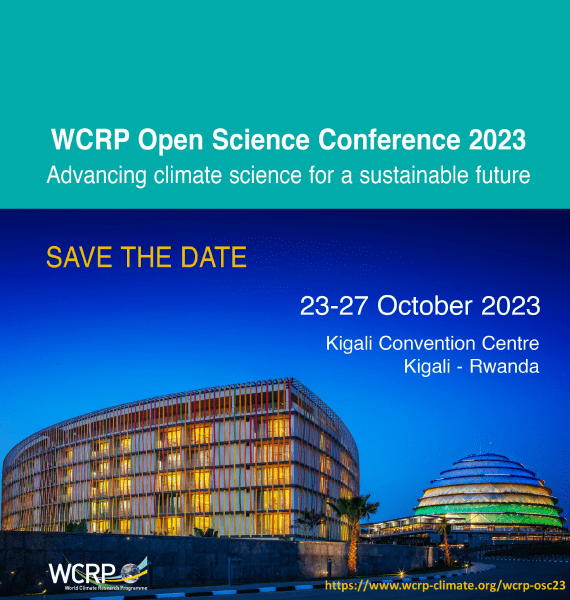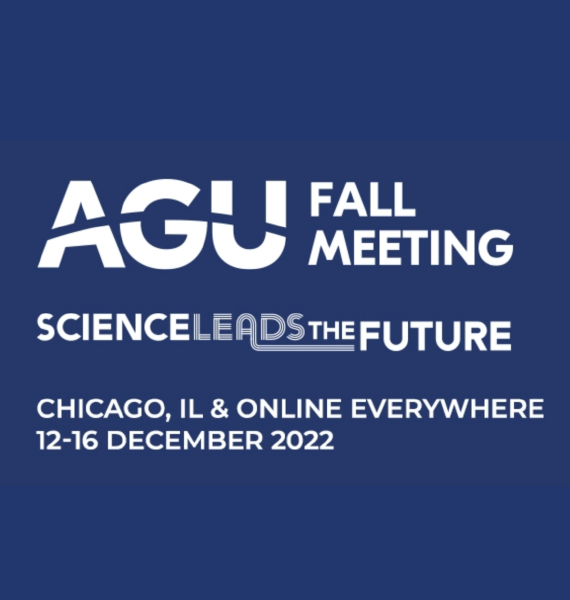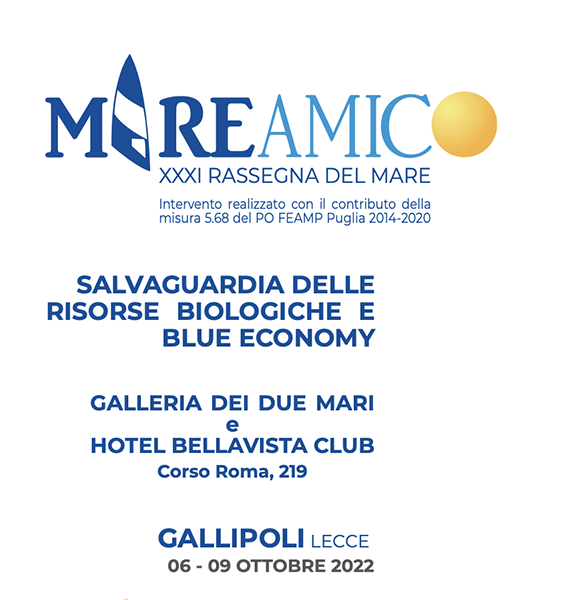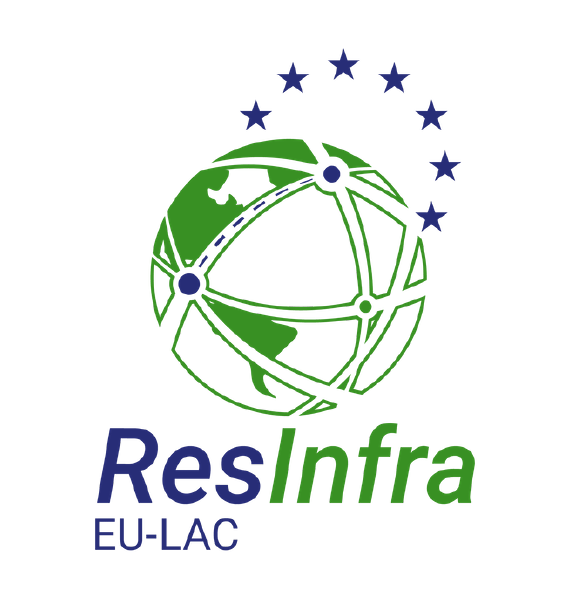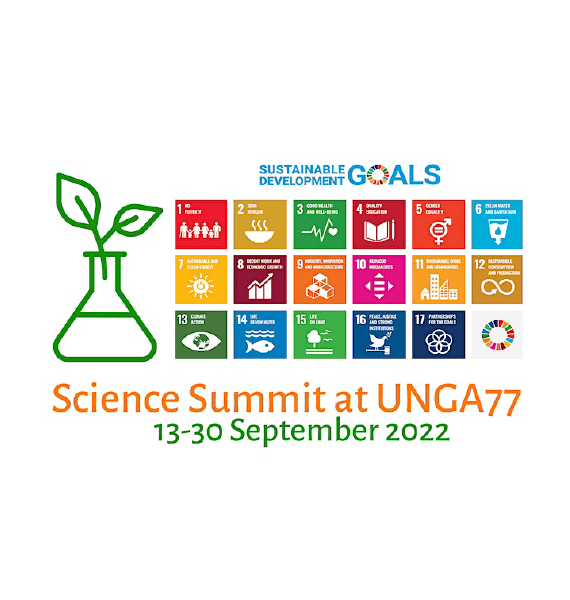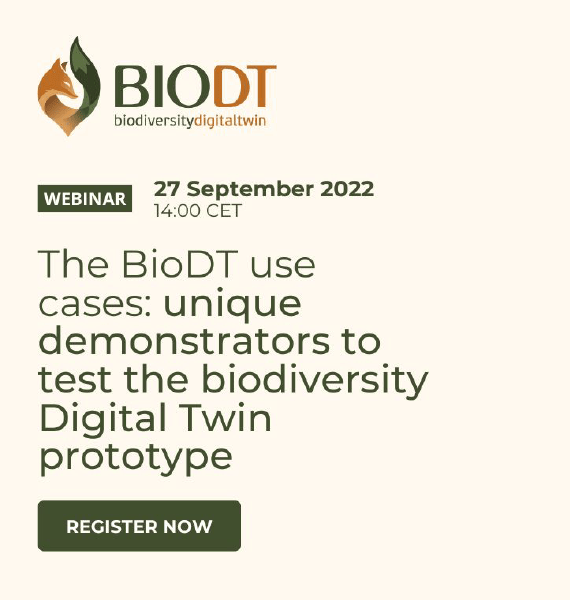Online, 21–24 November 2022.
In November, EOSC Future is organising a 4-day online course for trainers to enhance their understanding of EOSC and related topics. Participants will also get insights into how to integrate the coursework into their own EOSC training activities.
The course will be divided into 4 modules:
- Day 1 – 10.00-12.00 CET: Preparing to give training on EOSC
- Day 2 – 10.00-12.00 CET: Using the EOSC Portal
- Day 3 – 10.00-12.00 CET: Addressing legal and ethical issues related to using EOSC
- Day 4 – 10.00-12.00 CET: Crafting your own training using the EOSC Knowledge Hub and other resources
Attendees can sign up for one, all, or a combination of the modules. Registration form here.
Please note: As there are a limited number of spaces, we must be selective in reviewing registrants. Interested participants should meet the criteria listed below.
EVALUATION CRITERIA
1. Potential and motivation to conduct training on EOSC in your Institution(s) or communities – 50%
2. Previous experience as a trainer – 50%
ADDITIONAL CRITERIA
Geographical location (to establish a balanced representation of European regions)
Gender (to ensure gender equity)
